Patients died after errors by blood cancer service
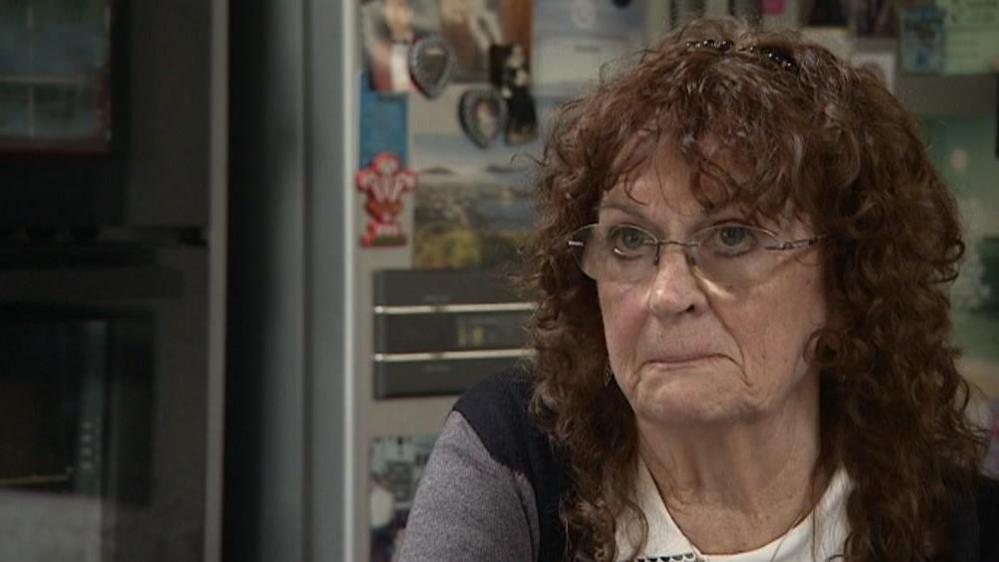
Bernadette Maiden said she has a vision of her husband's suffering that will not go away
- Published
Four people have died following errors in Birmingham blood cancer services, the BBC can reveal.
The latest deaths, in 2023 at University Hospitals Birmingham (UHB), have prompted an inquiry by The Royal College of Physicians (RCP).
The investigation comes after further fatalities in 2016 and 17, and seven further non-fatal mistakes with drugs made in 2021.
It was commissioned following a review into the culture of the trust by Professor Mike Bewick.
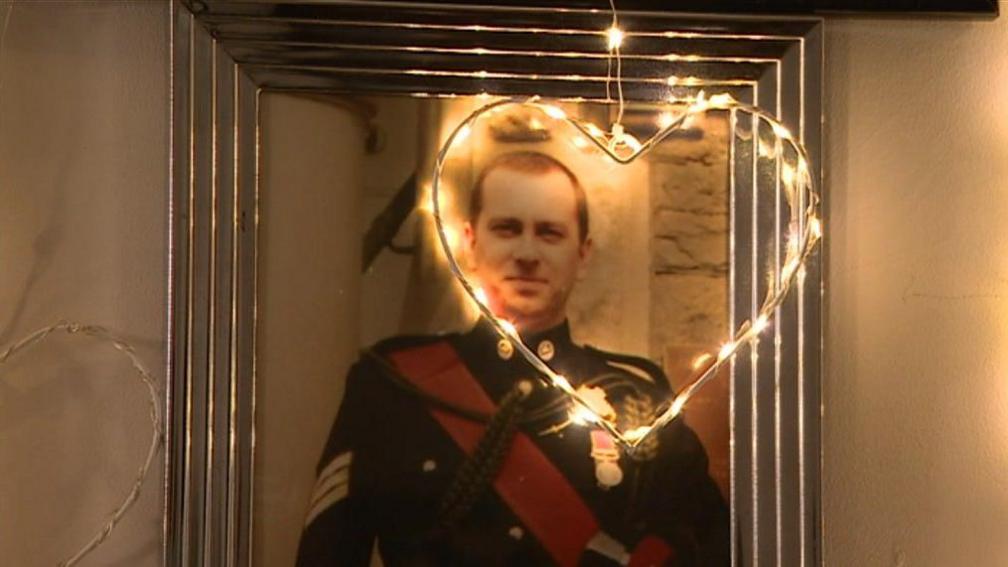
Former soldier Colin Maiden died following a stem cell transplant, after which he didn't receive any antibody treatment
The RCP's inquiry comes after the deaths last year of an elderly man, who had received an overdose of a chemotherapy drug and a woman, aged in her 50s, died after a misdiagnosis.
Its review of haemato-oncology began in February, following recommendations set out in patient safety reviews, last year.
Concerns within the blood cancer service were first raised in 2016 when Colin Maiden, 60, from Kidderminster, Worcestershire, died after having a stem cell transplant.
Following the operation, the former soldier should have been given the drug anti-thymocite globulin (ATG), to help prevent a condition called graft-versus-host-disease (GvHD).
'My life ended that day'
Despite going on to develop GvHD, his death certificate stated this was unrelated to his transplant and so no inquest was held.
However, a legal report by an expert concluded “but for the omission of ATG, the deceased would on the balance of probability been cured and his life expectancy and quality of life would have been restored to near normal”.
Mr Maiden's partner Bernadette said her life ended that day.
"To watch such a great man suffering and knowing you can’t do anything, you are helpless. I wanted to help him and there was nothing I could do," she said.
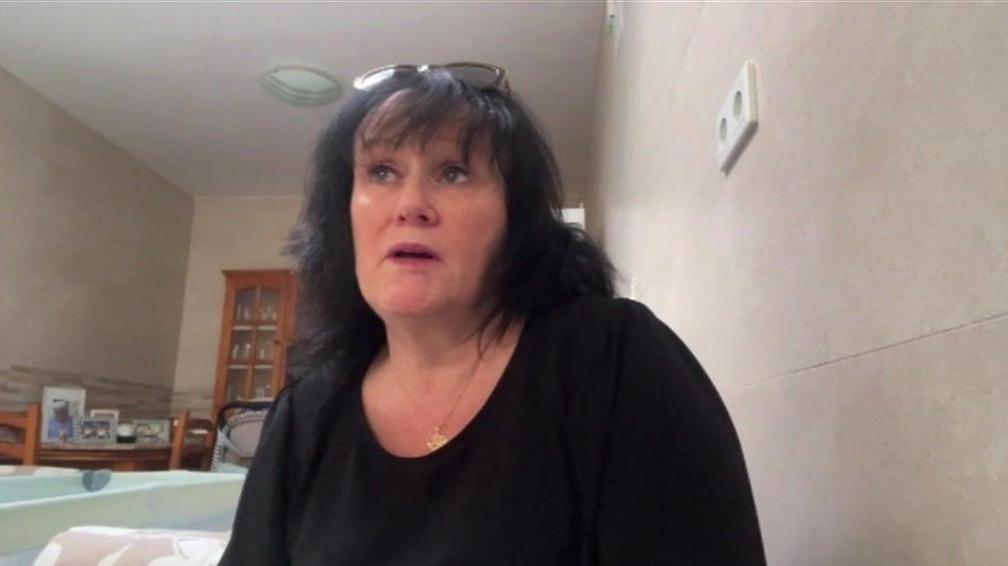
Wendy Lappin said she she was told that issues with folinic acid had happened before
The trust has unreservedly apologised for omitting part of an antibody treatment which may have reduced the risk of Mr Maiden developing the condition.
“We understand that it was likely this was not referred to the coroner, as Mr Maiden died at home having been discharged with palliative care," it added.
In 2017, Alex Rennie died following chemotherapy treatment for a lymphoma.
The 61-year-old was given high-dose methotrexate too early before there was a 12-hour delay in giving him folinic acid to counter-act the methotrexate.
The trust has also admitted these failings in his case.
Prescribing system errors
His widow, Wendy Lappin, claims she was told at a meeting that issues with folinic acid had arisen with three previous patients, but this was the first fatality and steps would be taken to ensure that it didn’t happen again.
“It’s about how you have lost them," Ms Lappin said.
"The pain they have had to go through and you have to watch it. He knew that he was going to die."
Consultant Manos Nikolousis, who was asked to investigate some of the deaths in the haematology department, claims there were problems with the electronic prescribing system not containing all the information, with some still on paper.
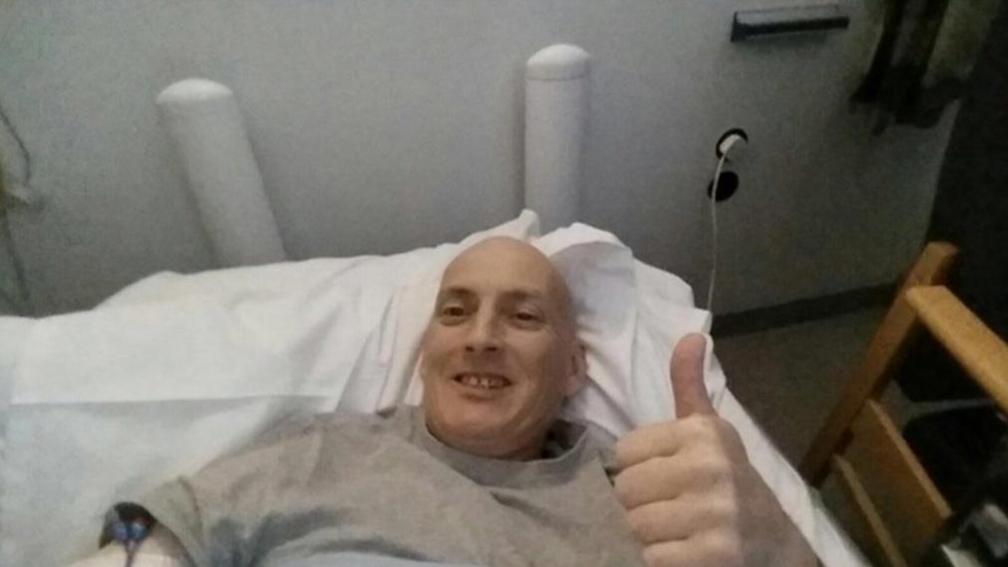
Alex Rennie died following chemotherapy treatment for a lymphoma in 2017
In 2021, another “near miss” involving folinic acid was reported to the Care Quality Commission (CQC).
And six further drug errors were referred to the CQC in the same year:
Foscarnet was given to a bone marrow transplant patient at three times the normal dose, with the patient suffering renal failure and being admitted to intensive care.
A cancer patient was sent home with someone else’s heart medication and had to go to Warwick Hospital's A&E.
A high dose of defibrotide was given to a patient with blockages in their veins.
A dexamethasone patient was given too high a dose after the GP was given the wrong information.
A patient was due to receive chemotherapy on the wrong day.
A solid tumour patient was sent home with a drug for blood cancer patients – with three tablets were missing from the pack when the problem was identified.
UHB said it closely monitored all diagnostic and medication errors, with risks identified and investigations and action plans enacted where appropriate.
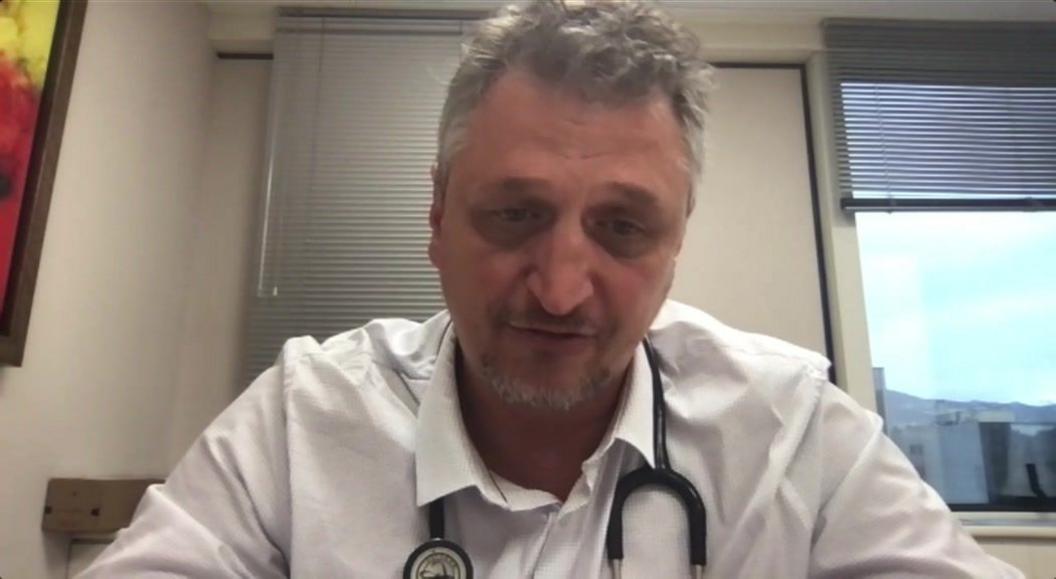
Dr Manos Nikolousis believes medications were missed as some had been prescribed on paper and others on an electronic system
In late 2023, the elderly man, who had lymphoma, died after being given a 25% higher dose than intended of the chemotherapy drug.
The trust said a reduced dose, which had been prescribed, had not been checked and a full dose was given.
However, but relevance of the dose to the "circumstances leading to the patient’s sad death is not established”, it emerged.
The BBC has also been told of an ongoing investigation into the woman in her 50s, who died after a mistake was made with a diagnostic test in 2023.
A consultant had suspected she had Thrombotic Thrombocytopenic Purpura (TTP) but a test came back negative.
Blood transfusion near-miss
The original diagnostic test had been incorrectly reported, but if treated, death from TTP is calculated as lower than 20%.
The trust accepts a laboratory error led to the inaccurate reporting of the test.
In February, at the hospital's quality assurance meeting, there was mention of another blood transfusion near-miss, following mistakes last year, where a patient at Heartlands was twice given incorrect red blood cells.
It brings the total number of blood transfusion events reported at UHB to eight since 2020.
The trust says it has initiated a major improvement programme in response to feedback from an independent external review.
It awaits the full report, but has acted promptly on the basis of initial feedback and is working to minimise the risk of future repetition of similar errors, it added.
Follow BBC West Midlands on Facebook, external, X,, external and Instagram, external, Send your story ideas to: newsonline.westmidlands@bbc.co.uk, external
Related topics
- Published14 February 2024
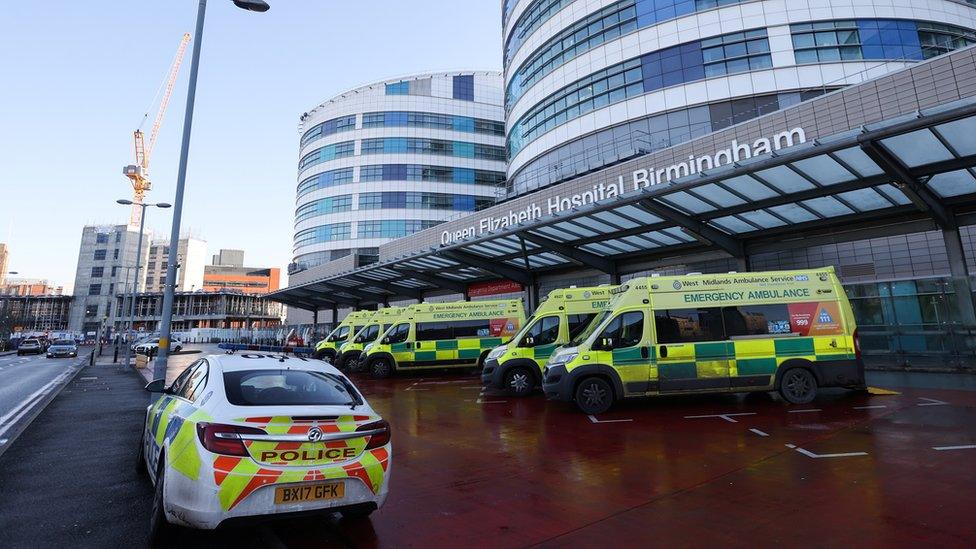
- Published16 November 2023
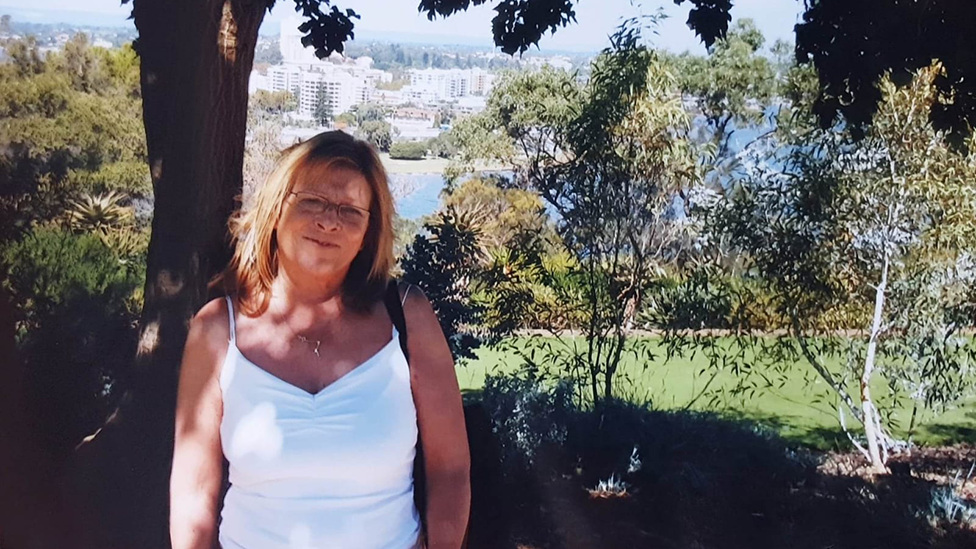
- Published5 February 2021
